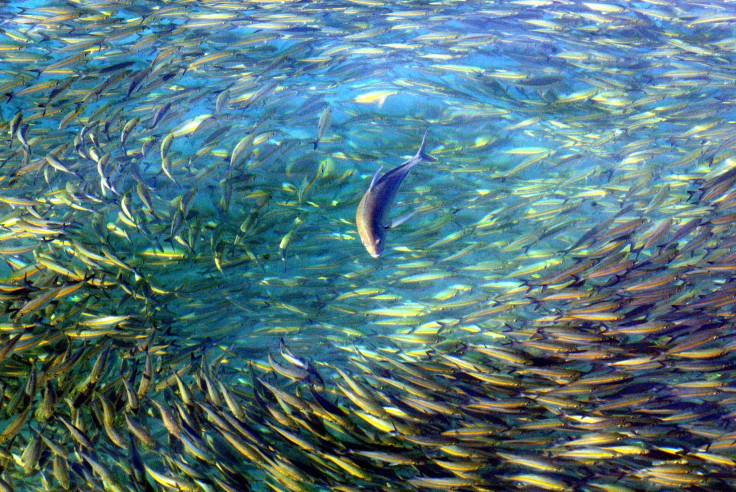Ocean Ecosystems Damaged By Climate Change Will Take Thousands Of Years To Recover: Study

Several studies have already shown that anthropogenic climate change has pushed marine life toward the brink of a major extinction event. Now, a new study, published in the Proceedings of the National Academy of Sciences, has found that while disruption of marine ecosystems occurs very rapidly, their recovery from the effects of abrupt climate change might take thousands, not hundreds, of years as previously believed.
“What we’re doing now is a long-term shift -- there’s not a recovery we have to look forward to in my lifetime or my grandchildren's lifetime,” lead author Sarah Moffitt, a scientist from the Bodega Marine Laboratory and Coastal and Marine Sciences Institute at the University of California, Davis, said in a statement.
In order to analyze how ocean ecosystems are affected by climate change and accompanied reduction in dissolved oxygen, researchers studied over 5,400 invertebrate fossils recovered from a sediment core from the ocean floor off Santa Barbara, California. This includes fossil evidence spanning a period between 3,400 and 16,100 years ago -- a time period that also saw a massive “deglaciation” event characterized by abrupt climate warming, melting polar ice caps, and expansion of low oxygen zones in the oceans.
Based on the study of the fossils, the scientists found that the ocean ecosystems seemed to have witnessed a rapid loss of diversity during low oxygen periods -- evidenced by a near-complete disappearance of fossil records. What was more alarming was the fact that while these periods lasted only decades, the damaged ecosystems took thousands of years to bounce back.
“These past events show us how sensitive ecosystems are to changes in Earth’s climate -- it commits us to thousands of years of recovery,” Moffitt said in the statement. Moreover, the findings suggest that similar deoxygenation events taking place currently in Earth’s oceans could have an equally damaging effect on marine ecosystems.
“It’s a gritty reality we need to face as scientists and people who care about the natural world and who make decisions about the natural world,” she said.
© Copyright IBTimes 2024. All rights reserved.





















